What Just a Little Bit of These 5 Drugs Does to Your Health

By:
Many of today's street drugs were first developed in the pharmaceutical industry before they were scheduled as illicit narcotics.
Medicinal cocaine beverages were popular among 19th century authors and clergymen, while Swiss Chemist Albert Hoffman first synthesized LSD in hopes of treating migraines.
ALSO: What Marijuana Does to Migraines
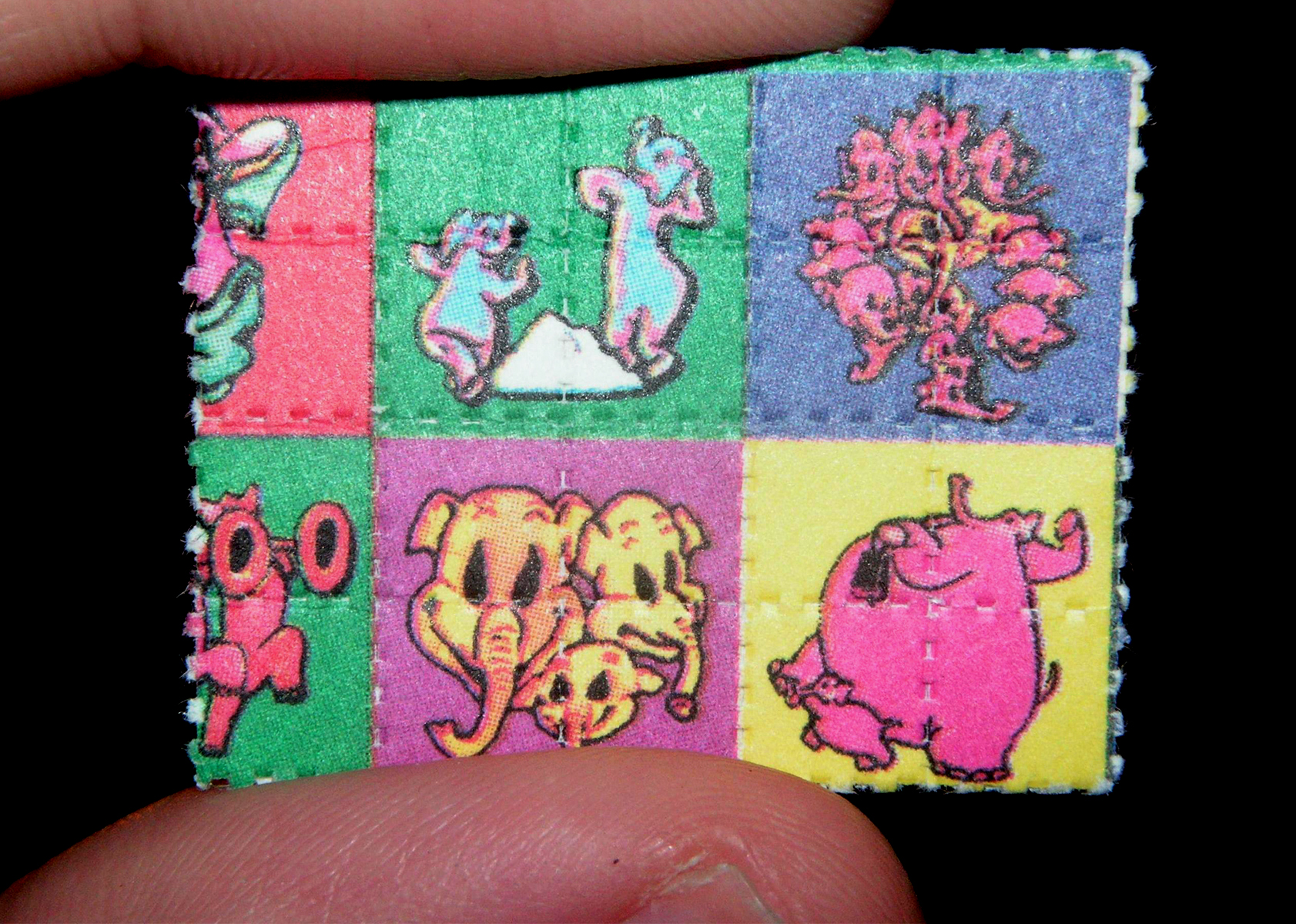 Wikimedia - wikimedia.org
Wikimedia - wikimedia.org
Though street drugs don't always bare resemblance to the pure compounds developed in labs, many doctors, scientists and patients alike believe they have medicinal value.
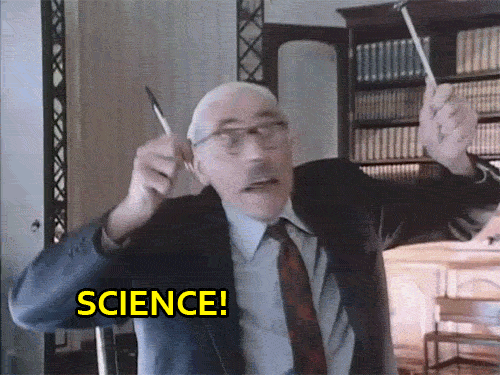 Imgur - imgur.com
Imgur - imgur.com
A November 2015 report by Forbes observes that a new kind of psychedelic use called microdosing is becoming increasing popular in the tech industry. Small doses of LSD and psilocybin mushrooms are said to enhance alertness and creativity, while providing an alternative to addictive stimulants like Adderall and Ritalin. So should we all be splitting tabs at our desks instead of circling the coffee machine?
In hopes of getting to the bottom of this microdosing business, ATTN: looked into the effects of small doses of popular street drugs and their medical value.
1. LSD
Recreational drug-users often say that LSD allows them to see the world with newfound clarity and perspective, but the intense visual and auditory hallucinations of an LSD trip also can be incredibly overwhelming and unpleasant. "What if it was possible to tap acid at almost imperceptible levels as a way to heighten normal, day-to-day functioning without all the mind melt?" Brian Anderson asks on Motherboard.
Dr. James Fadiman has been studying the effects of psychedelic drugs since the 1960s, before LSD was banned by the FDA. Authoring "The Psychedelic Explorer's Guide," Fadiman's recent work looks at the effects of small doses of the drugs on various ailments, as well as creativity, general health and well-being. Fadiman recommends a dose of 10 to 20 micrograms of LSD, about a tenth of a standard recreational dose, and says that those who microdose correctly feel less happy, less anxious, and more creative. Other microdosers report relief from depression and headaches.
2. Psilocybin Mushrooms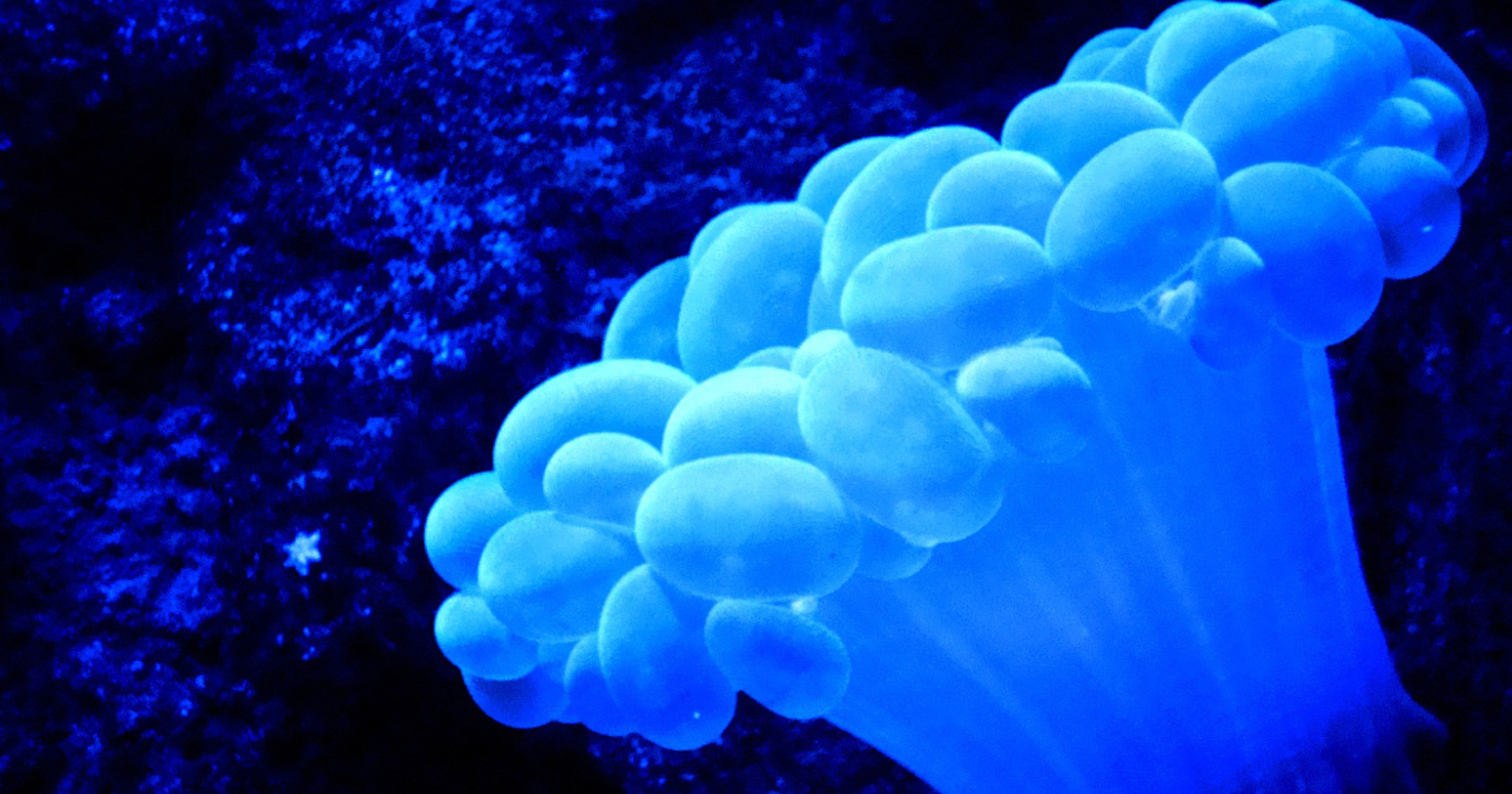 Flickr/Anders Rune Jensen - flic.kr
Flickr/Anders Rune Jensen - flic.kr
A recent study using MRI scans to compare the brain activity of people who had taken mushrooms psilocybin and a placebo found that the drug greatly improved the brain's organizational function, Live Science reports.
Less clinical research has been conducted on microdosing "magic mushrooms" than LSD, but users report similar effects to those of microdoses of LSD. Professor David Nutt suggests that small psilocybin doses can help depression, but legal obstacles have prevented him from conducting extensive clinical trials in the UK.
One woman suffering from depression told Vice that microdosing mushrooms had far better results than legal anti-depressants.
"Anti-depressants have never worked for me, and microdosing does," she said. "I can't explain it, and to be honest I don't care, because I feel like me – a whole, content me – for the first time in years."
3. Ketamine
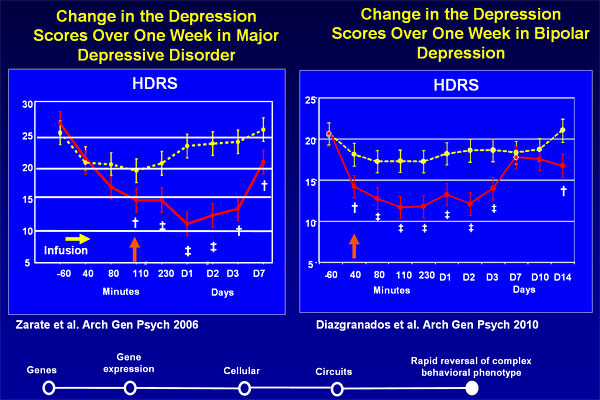 New York Academy of Sciences - nyas.org
New York Academy of Sciences - nyas.org
The dissociative Ketamine is most known among UK ravers, its street names including "special k," "ket," and "kittens," When taken recreationally, a "k bump" typically results in hallucinations, euphoria, time distortion, synaesthesia, and out of body experiences, but recent studies suggest that the drug may help with depression and symptoms of bipolar disorder. Seventy-one percent of bipolar individuals reported an improvement after ketamine treatment, while 70 percent of depressed patients' conditions and improved and 30 percent said the treatment left them practically symptom-free after only a few hours of treatment.
A New York clinic offers legal Ketamine treatments for both depression and chronic pain, emphasizing that it should be used to combat severe depression, trauma or Post Traumatic Stress Disorder and not everyday mood swings.
ALSO: How MDMA Affects the Brain
Songwriter and journalist Brett Miles decided to undergo ketamine therapy for bipolar depression after unsuccessful rounds of various anti-depressants, stimulants, and benzodiazepines. Though the experiment was pricey, his experience was largely positive.
"With the IV treatment, you start disassociating with everything, like you're observing, not participating in anything." Miles told VICE. "You start thinking about all kinds of stuff. Whatever races through your mind — and usually when you're depressed it's negative shit — when you're on ketamine it's just like, Well, nothing I can do about that. You feel like, I'm not in control, and that's fine; you're going to die someday and that's just life. You kind of learn to just accept it, I guess."
A study on ketamine's effects on post-operative pain used a dosage of 0.5 mg/kg, while one Redditor recommends two 10 mg doses every 3-4 days for depression.
4.Cocaine
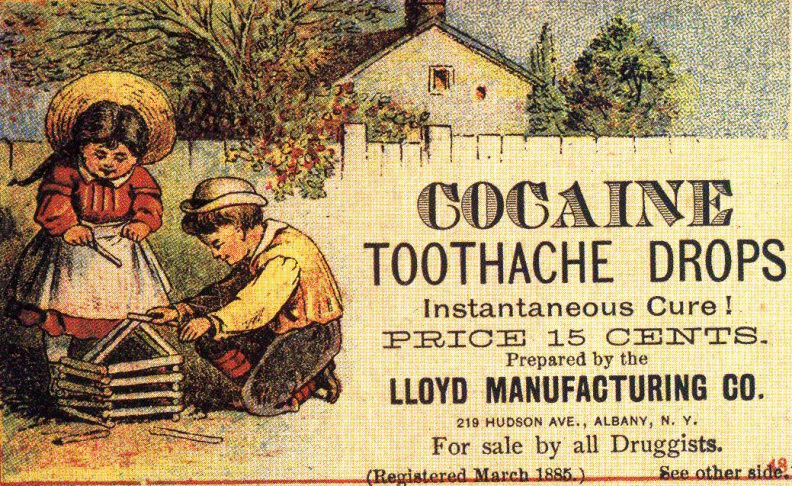 Wikimedia - wikimedia.org
Wikimedia - wikimedia.org
Sigmund Freud conducted numerous self-experiments on cocaine's effects on depression and anxiety, ultimately finding the drug useful in his psychotherapy practice. “A small dose lifted me to the heights in a wonderful fashion," he wrote.
As anyone who has been around cocaine is well aware, it often leads people to confide profound feelings and expressions of tenderness to distant acquaintances and strangers, so it is not difficult to imagine how this might be perceived psychological progress.
Since its medicinal hey-day as an 18th and 19th century antidepressant and anesthetic, those who argue for cocaine legalization are few and far between, and are usually more focused on its anesthetic uses than equating its transient mood elevating effects with lasting improvements in mental health. Still, some doctors use small quantities in a treatment for chronic pain and migraine headaches called a Ganglion Nerve Block.
5.MDMA
Over 60 years before ecstasy hit dance floors across the world, MDMA was developed as an antidote for blood clots, the drug was popularized in the 1970s as a tool in psychotherapy at the same time it was introduced to club culture. The Multidisciplinary Association for Psychedelic Studies (MAPS) conducts clinical trials on MDMA therapy to treat conditions from autism and social anxiety to PTSD.
As ATTN: has reported, MDMA therapy is particularly effective in treating PTSD because the drug reduces conditioned fears in users. There have also been clinical trials using MDMA to treat social anxiety, end of life anxiety, and autism in adults. Though Redditors and frequenters of online forums express a fair amount of interest in microdosing MDMA, researchers emphasize that it must be administered in therapy sessions, where a patient can work through its effects with a psychiatric professional to have medicinal value.
"Really, it’s MDMA-assisted psychotherapy," MAPS' Rick Doblin told the Huffington Post. "That’s the treatment -- it’s not just the MDMA by itself. This provides a lot of extra support and safety through the whole process."
A MAPS study on women suffering from Post Traumatic Stress found that higher doses improved symptoms more than lower ones, but that a low dose was more effective than a placebo.
"Basically, MDMA unleashes a massive release of serotonin, dopamine and oxytocin. And this creates a state in which participants are very calm, and there's a deep feeling of trust with their therapist. So they're able to explore their trauma and process it," reporter Kelley McMillan told NPR.
It's also worth noting that "molly" bought on the street is almost always cut with amphetamines, opiates, or other chemicals that may counteract MDMA's medicinal value and endanger the user. In one sense, the chemical make up of a pressed ecstasy pill or capsule varies so greatly that no matter how little you take, if you buy it on the street, you're always rolling the dice.
